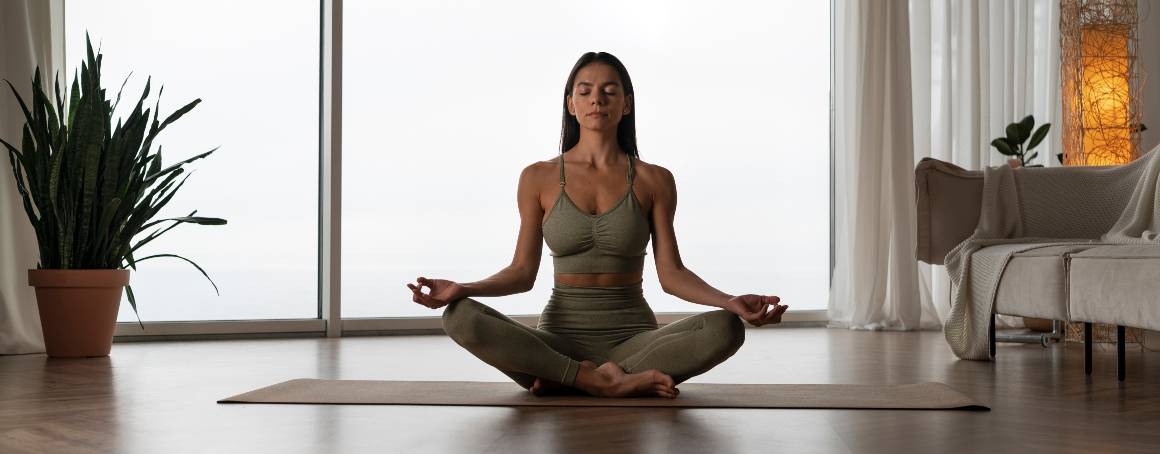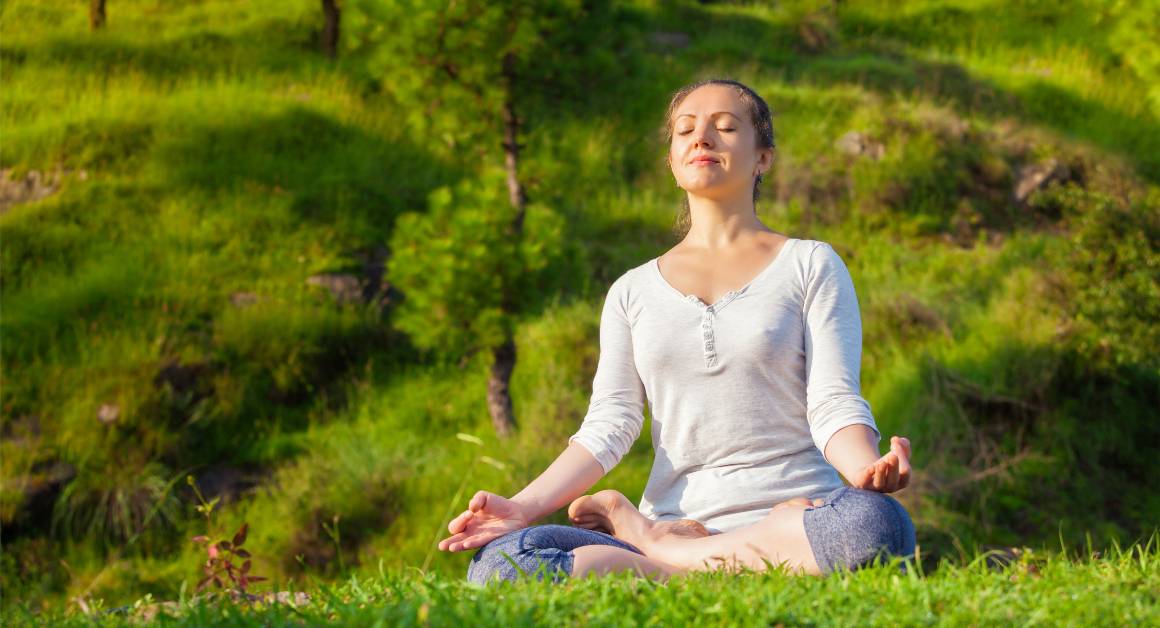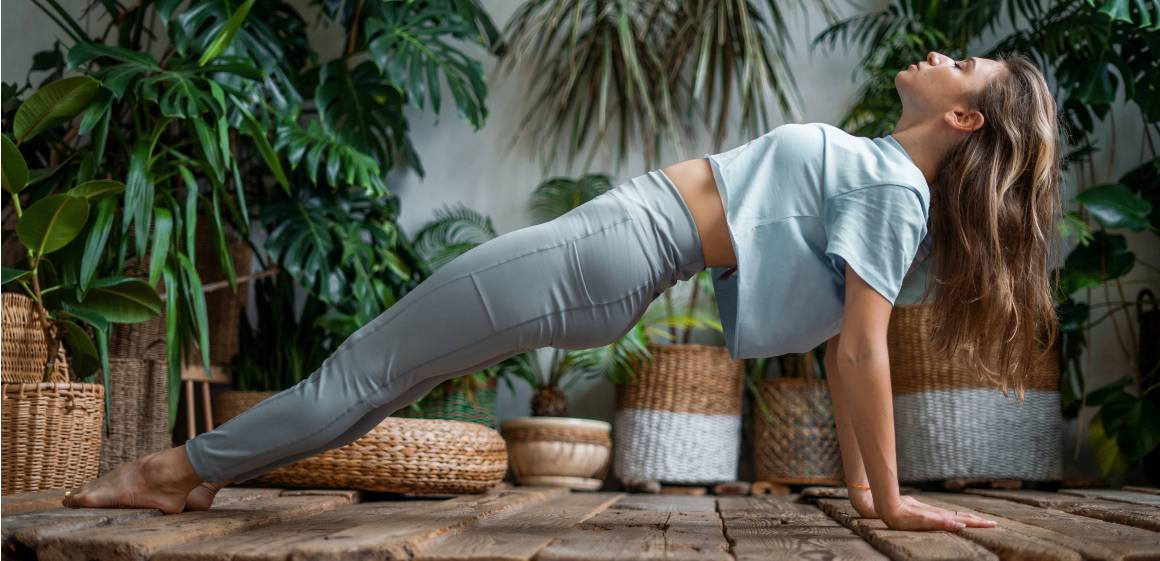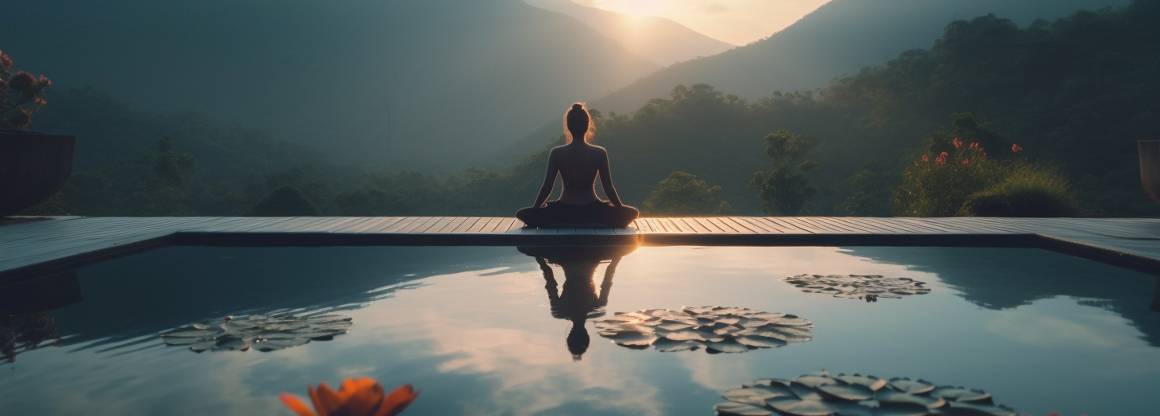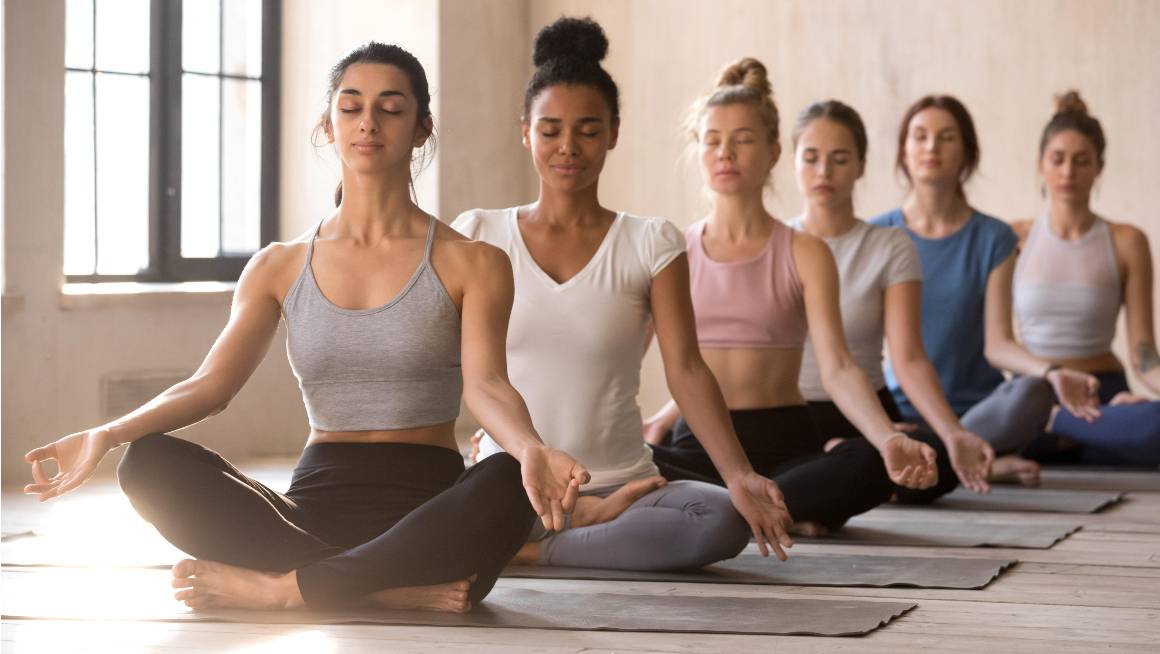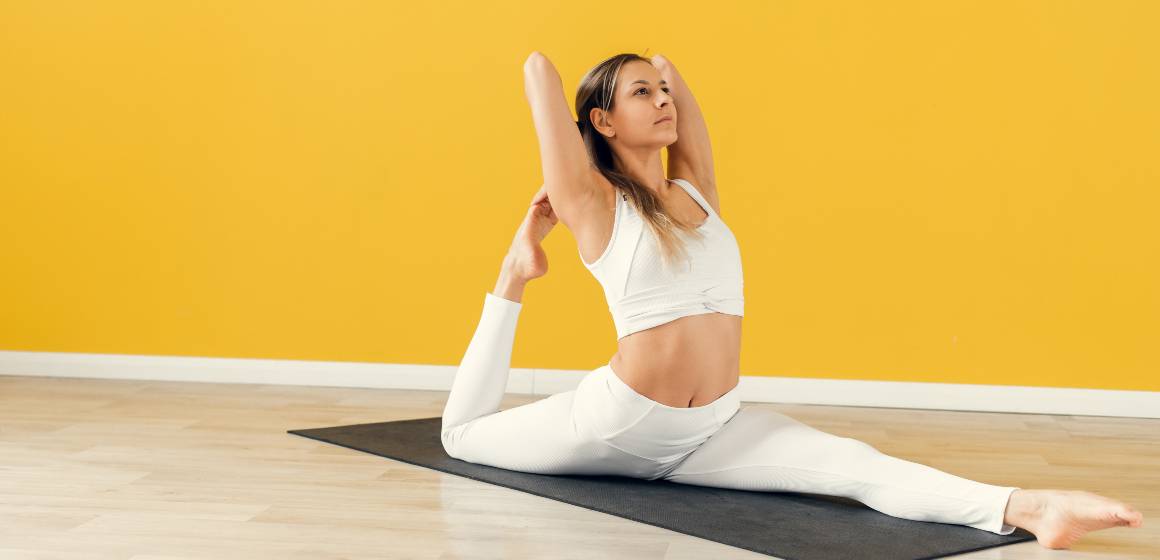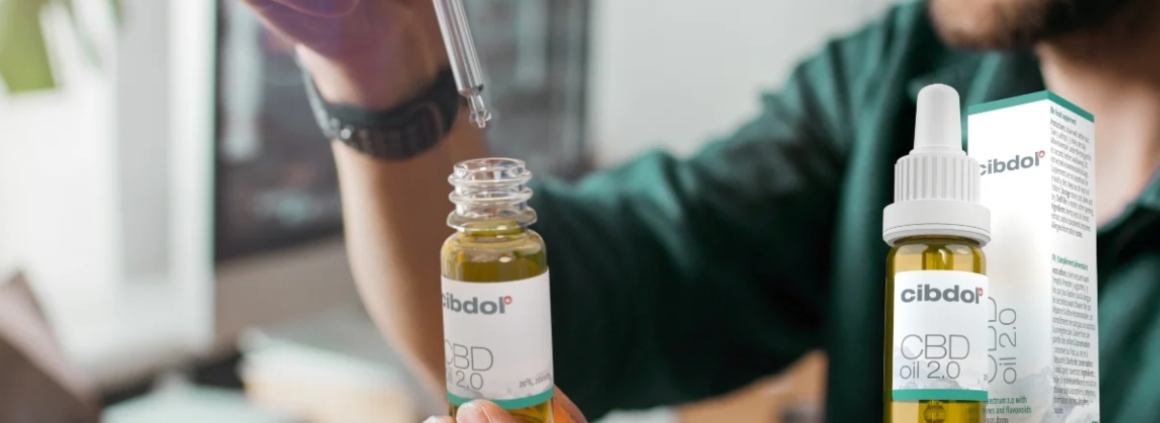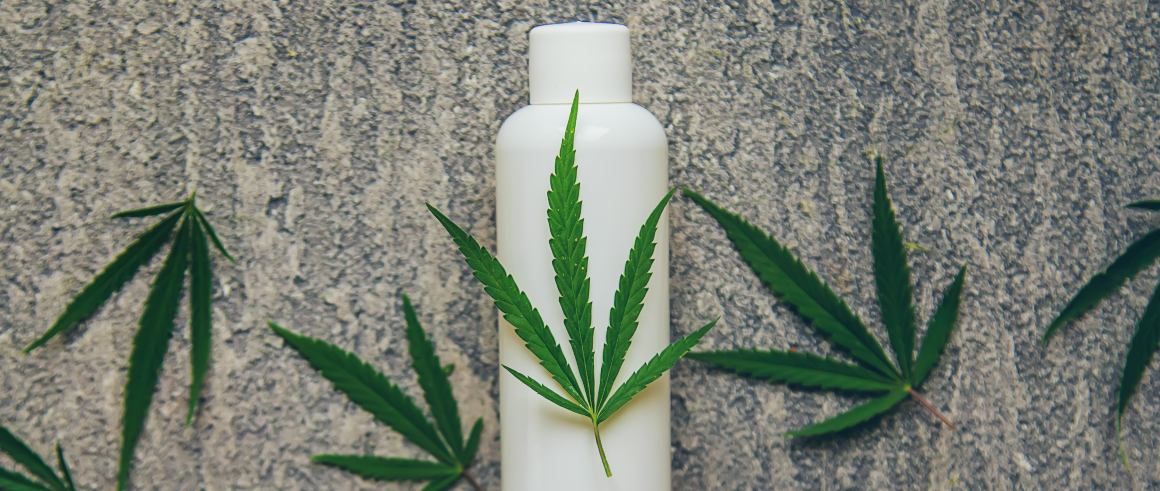
Latest news | Page 17
-
What Are the Benefits of 10 Minutes of Yoga a Day?
November 3rd, 2023
Taking just 10 minutes a day to practice yoga provides amazing benefits for both mind and body. It reduces stress, eases pain, builds strength, improves balance and flexibility, enhances focus, boosts energy levels, promotes weight loss and sleep quality, and optimizes athletic performance. Yoga sharpens brain function while cultivating greater body awareness. Achieving consistency with a daily morning yoga routine establishes lifelong healthy habits. Ten minutes is enough time to experience yoga's incredible, multifaceted benefits.
-
How Long Does It Take To See Results From Yoga?
November 2nd, 2023
When starting yoga, don’t expect overnight results. You’ll likely notice subtle benefits like better sleep within weeks, but more significant changes in flexibility, strength, and inner peace unfold over months of steady practice. Be consistent, trying 2-3 classes per week in different styles. Support your practice with healthy lifestyle choices. Progress takes patience and perspective. Focus on small improvements session to session. Yoga’s mental, physical, and spiritual evolution requires commitment but offers immense rewards.
-
Does Yoga Change Your Body Shape?
November 2nd, 2023
Yoga builds lean muscle and burns calories to transform your shape. It improves posture, flexibility, and core strength for a taller, toned look. research shows yoga practitioners have less body fat and more muscle mass. Vigorous flowing styles paired with a healthy diet effectively reduce weight. Yoga works the whole body but cannot spot reduce fat. For best results practice yoga consistently 3-5 times per week with healthy lifestyle habits.
-
How Long Does It Take For Yoga To Change Your Body?
November 2nd, 2023
Yoga transforms your body if practiced consistently over time. In the first month, expect increased flexibility, balance, strength, weight loss, better posture, reduced stress, improved sleep, body awareness, and wellbeing. To maximize benefits, practice 3-5 times per week, progressing gradually while preventing injury. Complement yoga with healthy lifestyle habits. Be patient and persistent. After several months, you’ll notice positive changes mentally, physically, and emotionally. Yoga results compound over time with regular practice.
-
What Happens If You Do Yoga Every Day?
November 2nd, 2023
Regular yoga practice provides whole-body benefits from head to toe. Physically, daily yoga increases flexibility, builds core strength, improves balance and posture, and boosts immunity and metabolism. Mentally, it reduces stress and anxiety, improves sleep quality, sharpens mind-body awareness, elevates mood and outlook, and promotes sustainable weight loss. Yoga helps cultivate presence leading to greater life satisfaction. A daily yoga ritual of 30-60 minutes can profoundly transform your physical and mental well-being over time.
-
What is Yoga and What Does it Do?
November 2nd, 2023
Yoga originated in ancient India as a spiritual practice and has evolved into a popular form of exercise worldwide. It connects the mind, body and spirit through physical postures, breathing techniques and meditation. Yoga aims to unite the body and mind for greater health and wellbeing. There are many styles of yoga ranging from gentle to vigorous. Yoga provides numerous benefits for flexibility, strength, balance, stress relief, sleep quality and mindfulness. For beginners, Hatha and Restorative yoga gently build proper alignment in foundational poses using...
-
How Old Do You Have to Be to Buy CBD in the USA?
November 1st, 2023
Most states allow CBD purchases at 18, while some require 21+ or have no age limits due to lack of federal regulation. Age minimums cautiously balance safety concerns around youth CBD use with adulthood decision-making. While CBD possession by minors is generally not criminalized, underage use still risks confiscation, citations, or school discipline. Those under 18 should avoid unsupervised CBD use given unknown health impacts on developing bodies. Caregivers should exercise extreme caution providing CBD to minors without medical oversight.
-
Will Hemp Lotion Show Up On A Drug Test?
November 1st, 2023
Hemp lotion is made from legal hemp containing less than 0.3% THC, so it's very unlikely to cause a failed drug test on its own. However, be cautious about accumulative THC exposure from using multiple CBD products. To be safe, choose broad spectrum or isolate hemp lotion and abstain from all hemp products for at least 3 days before being tested. With reasonable precautions, hemp lotion poses very low risk of testing positive on standard employer or athletic drug screens.








